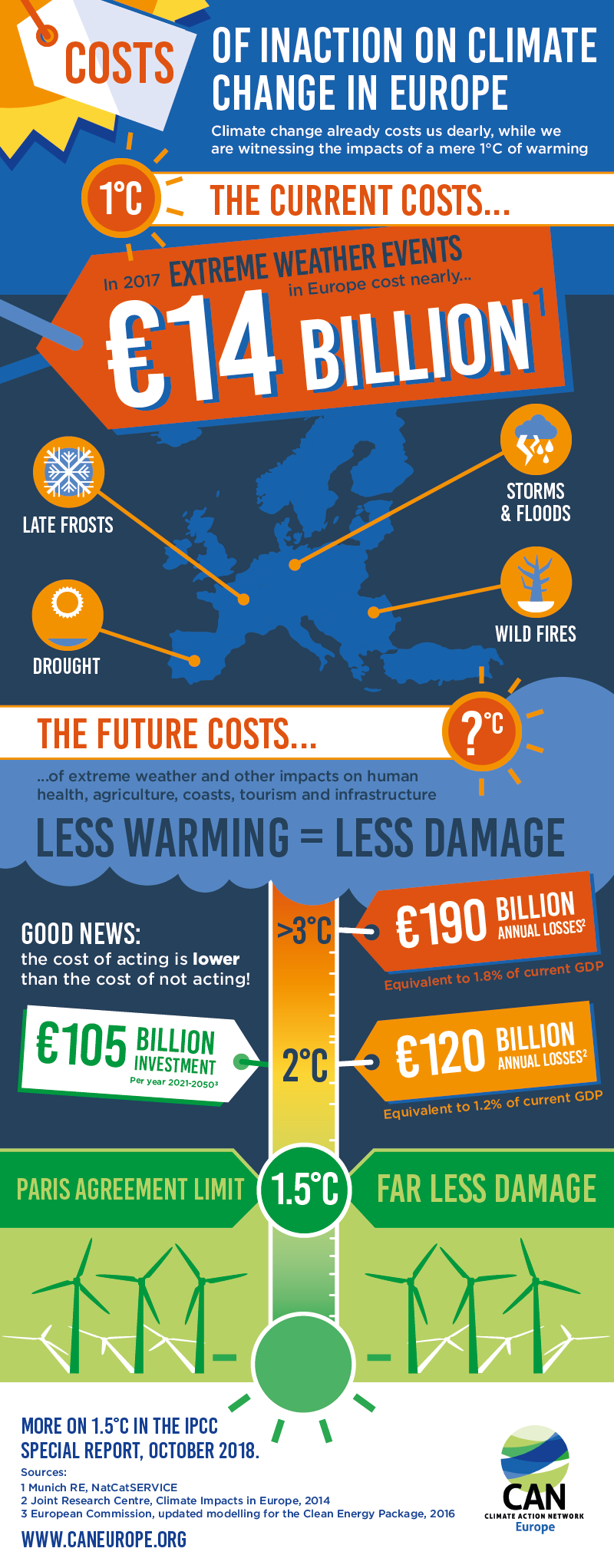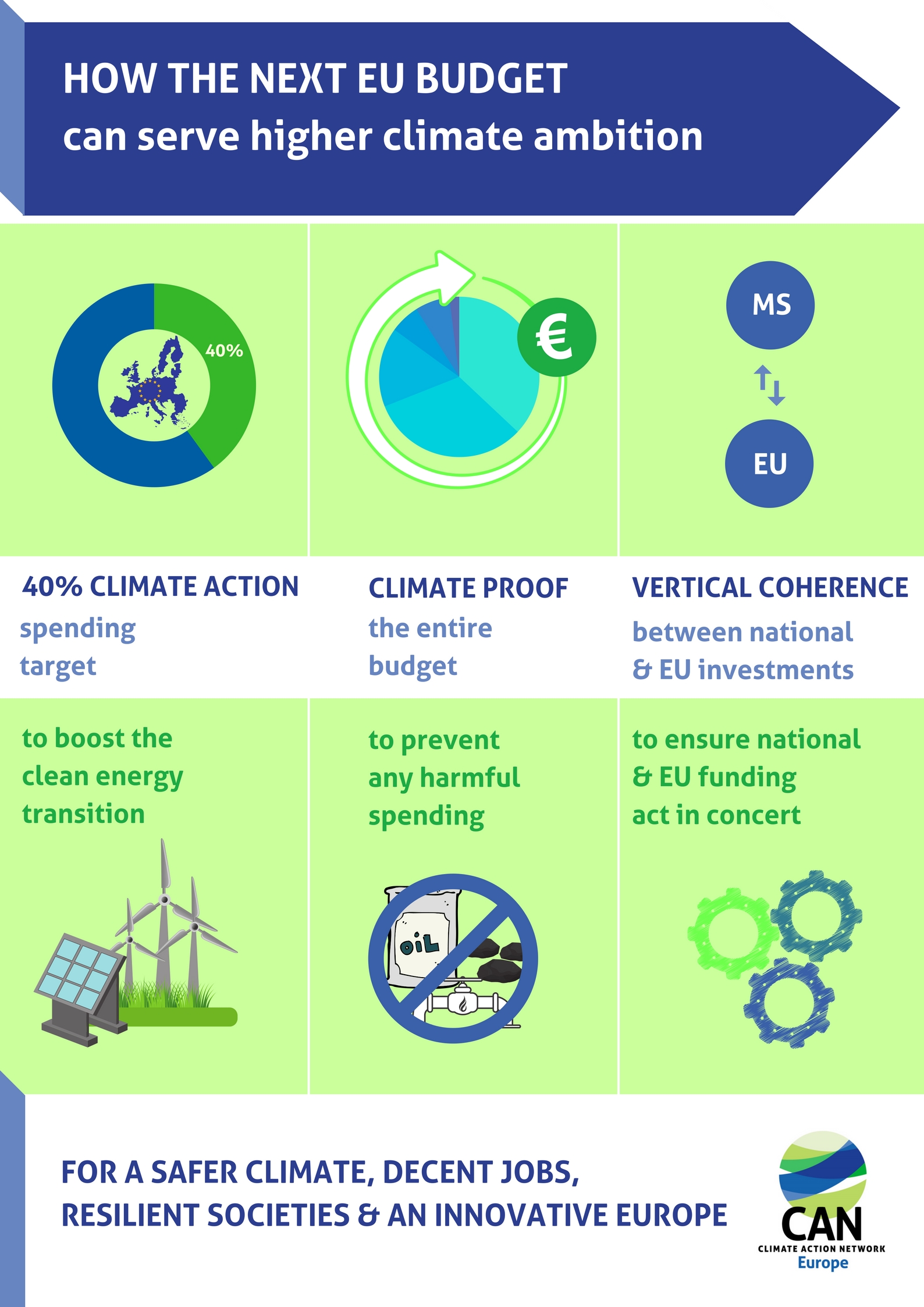World’s youth call for strong climate action, governments must listen
A week ahead of the EU leaders’ discussion on the EU’s long-term climate vision, on Friday, March 15th thousands of schoolchildren around the world will be striking to demand stronger action on climate change from their governments.


